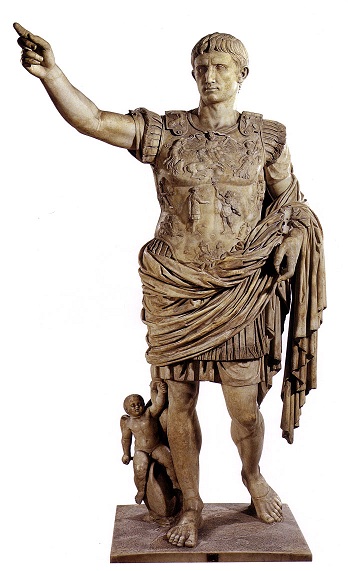Fun history fact
Once upon a time the prophet Mahammad told the leader of the Christian empire that “we worship” the same God.
In a series of letters written to the leaders of the world, Mahammad wrote the Byzantine emperor (the head of the Eastern Orthodox Church: “And people of the scripture! Come to a word common to you and us that we worship none but God and that we associate nothing in worship with Him, and that none of us shall take others as Lords beside God.” (1)
Granted the letters were also an invitation to join Islam and urges that Islam is the more true way of worshiping this God (much like any Christian denomination thinks they have the true way of worshiping God). In addition many scholars doubt that these letters were truly written by Mahammad, but it’s an interesting glance at early Islamic theology.



